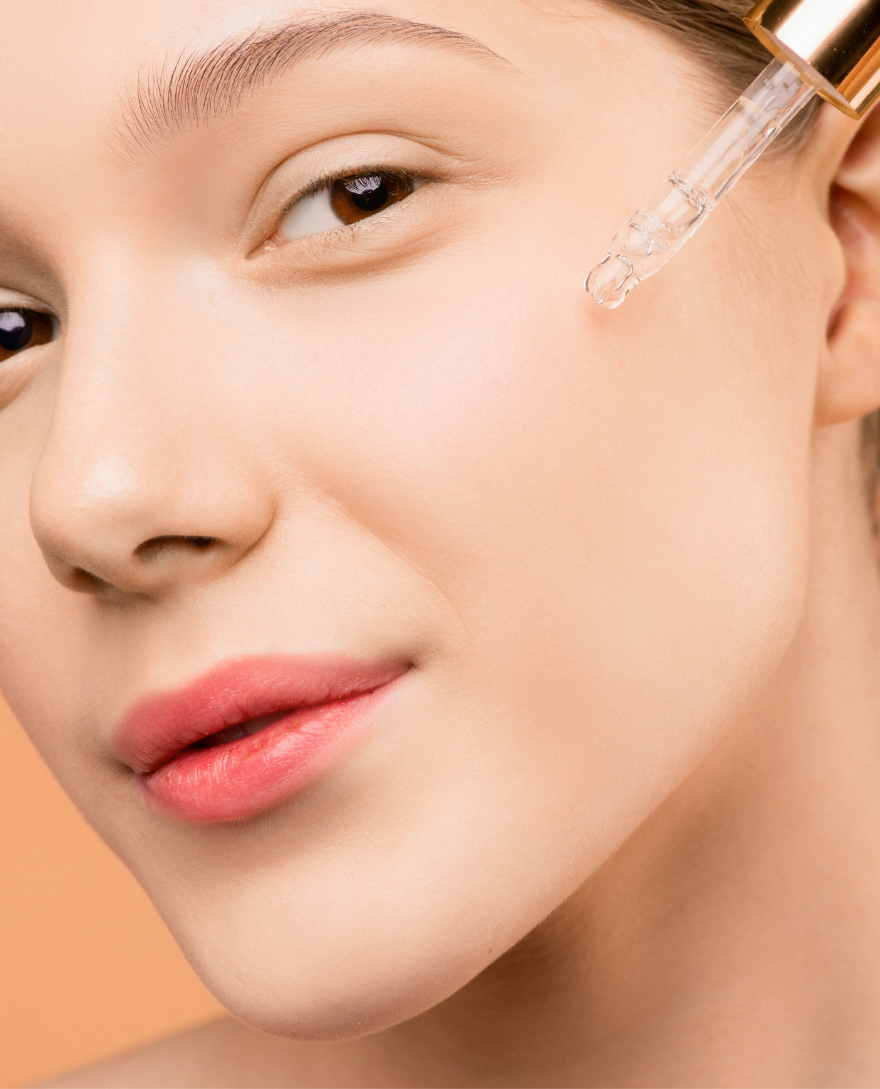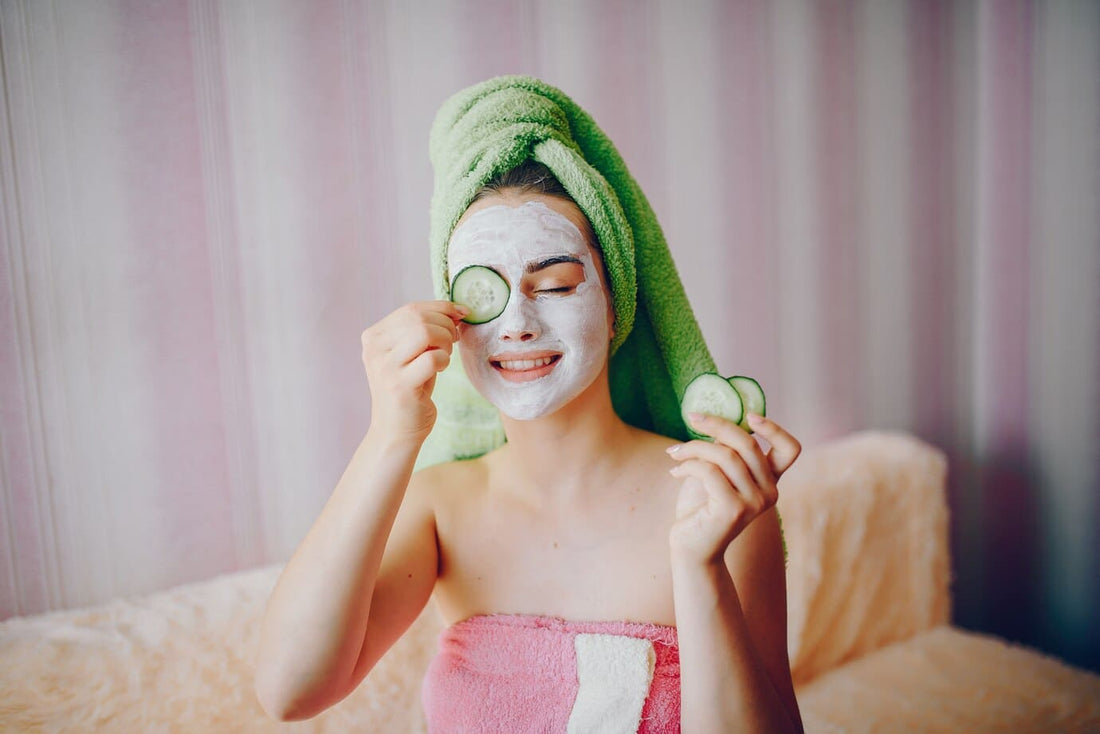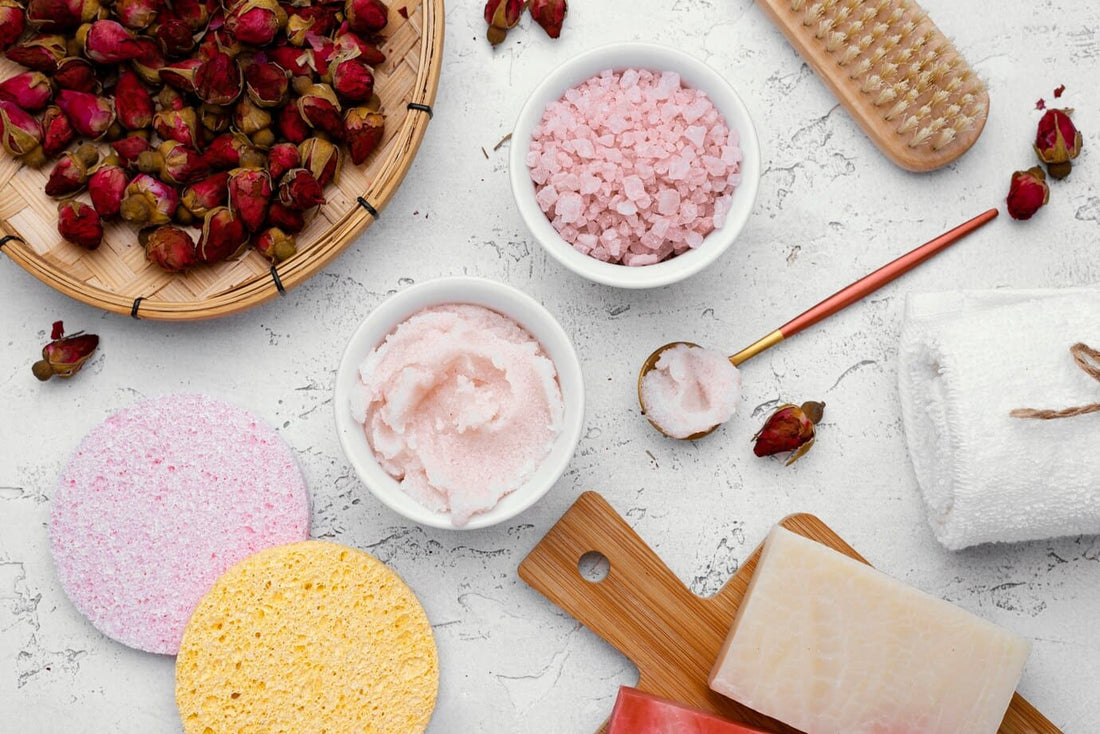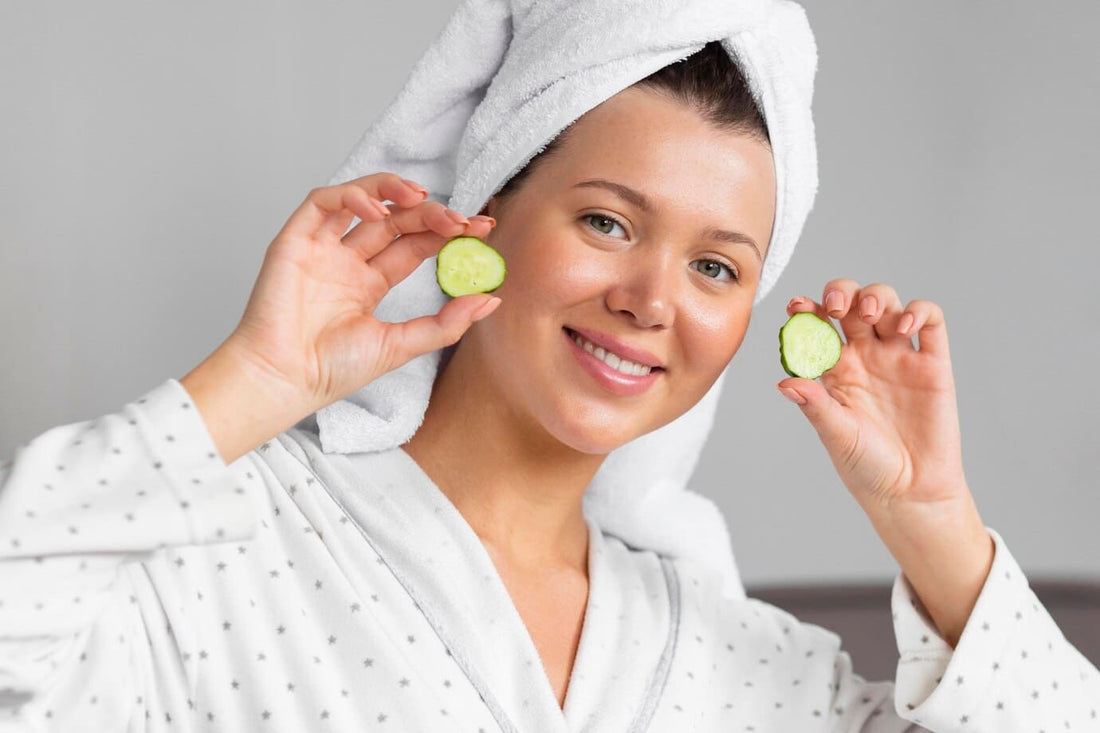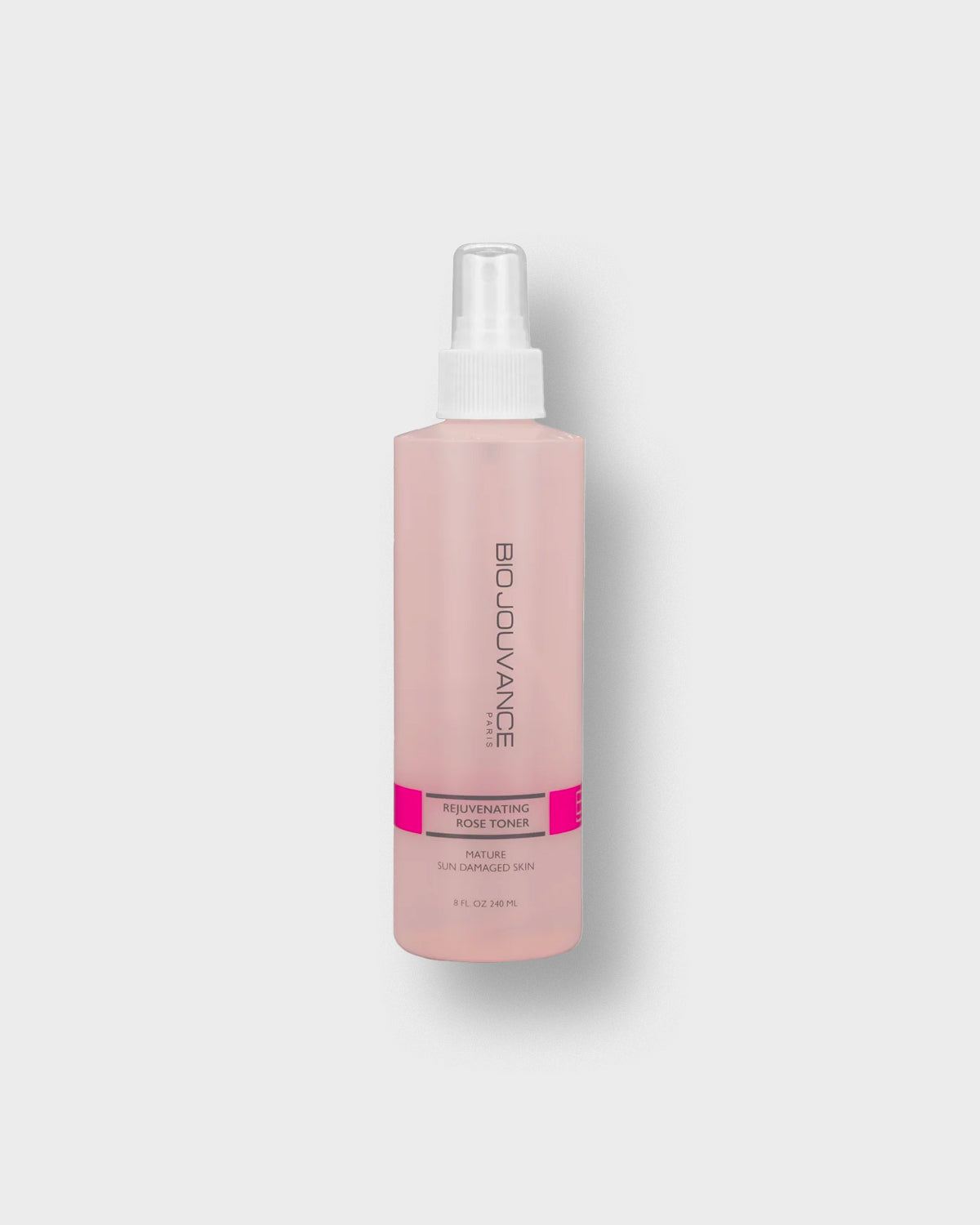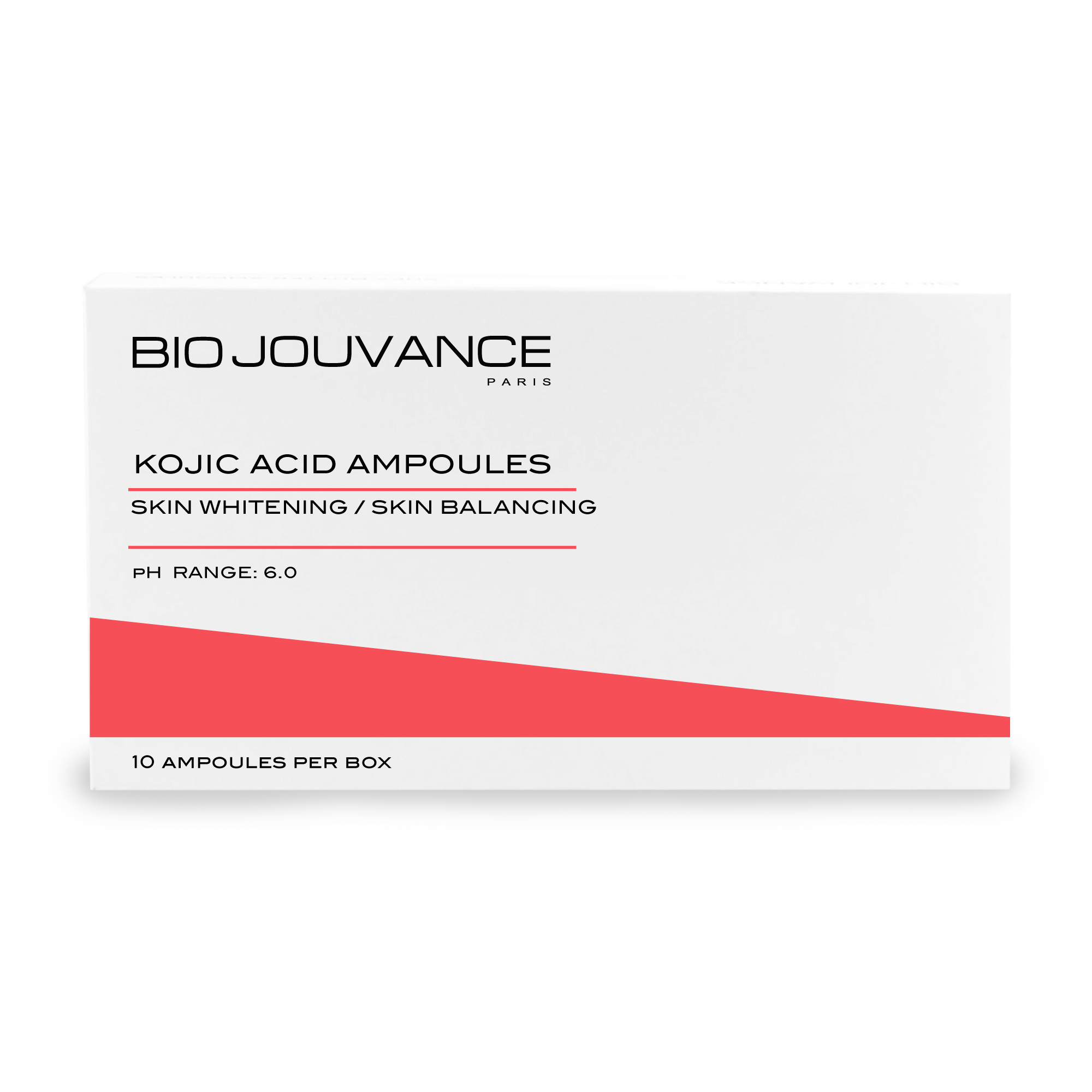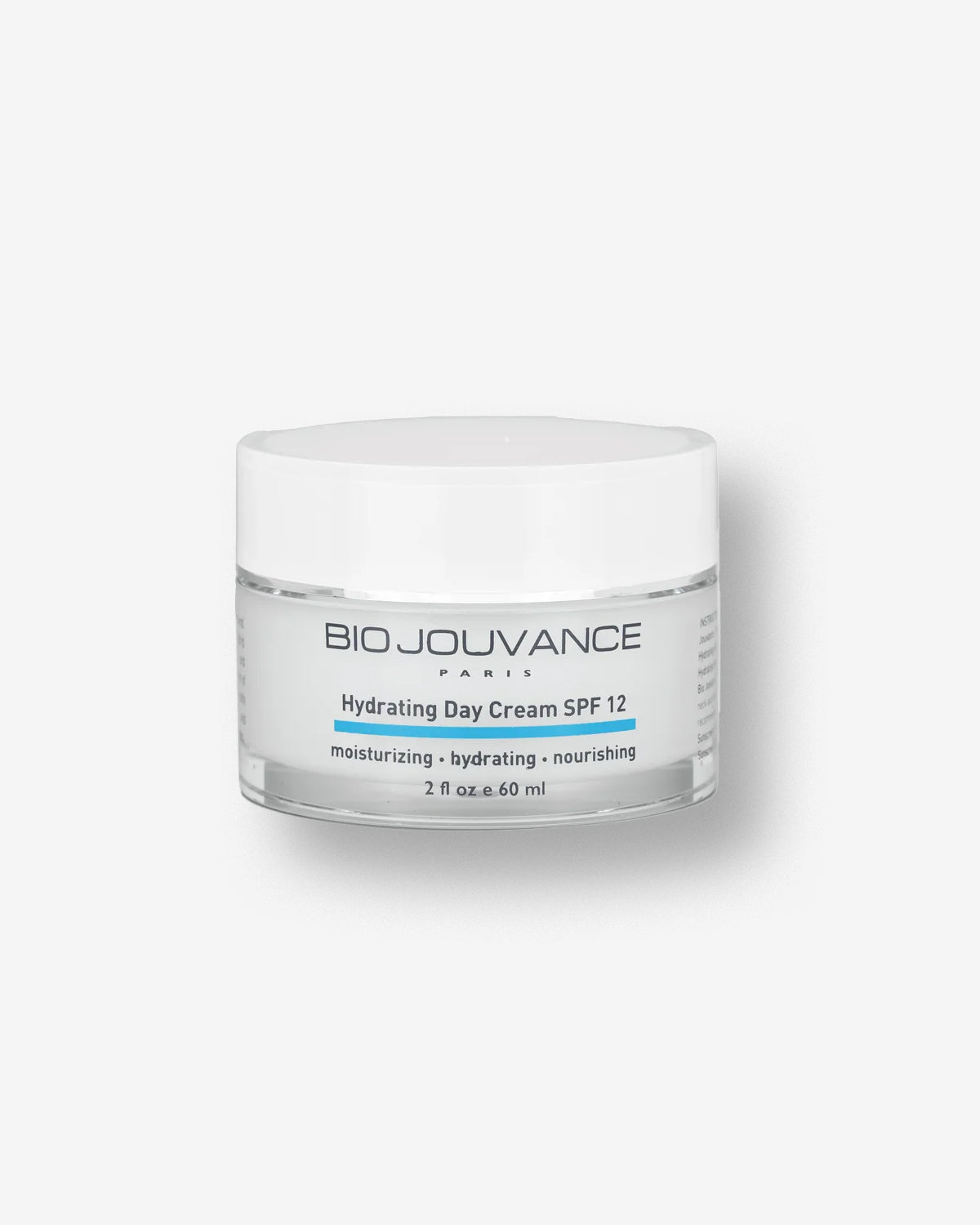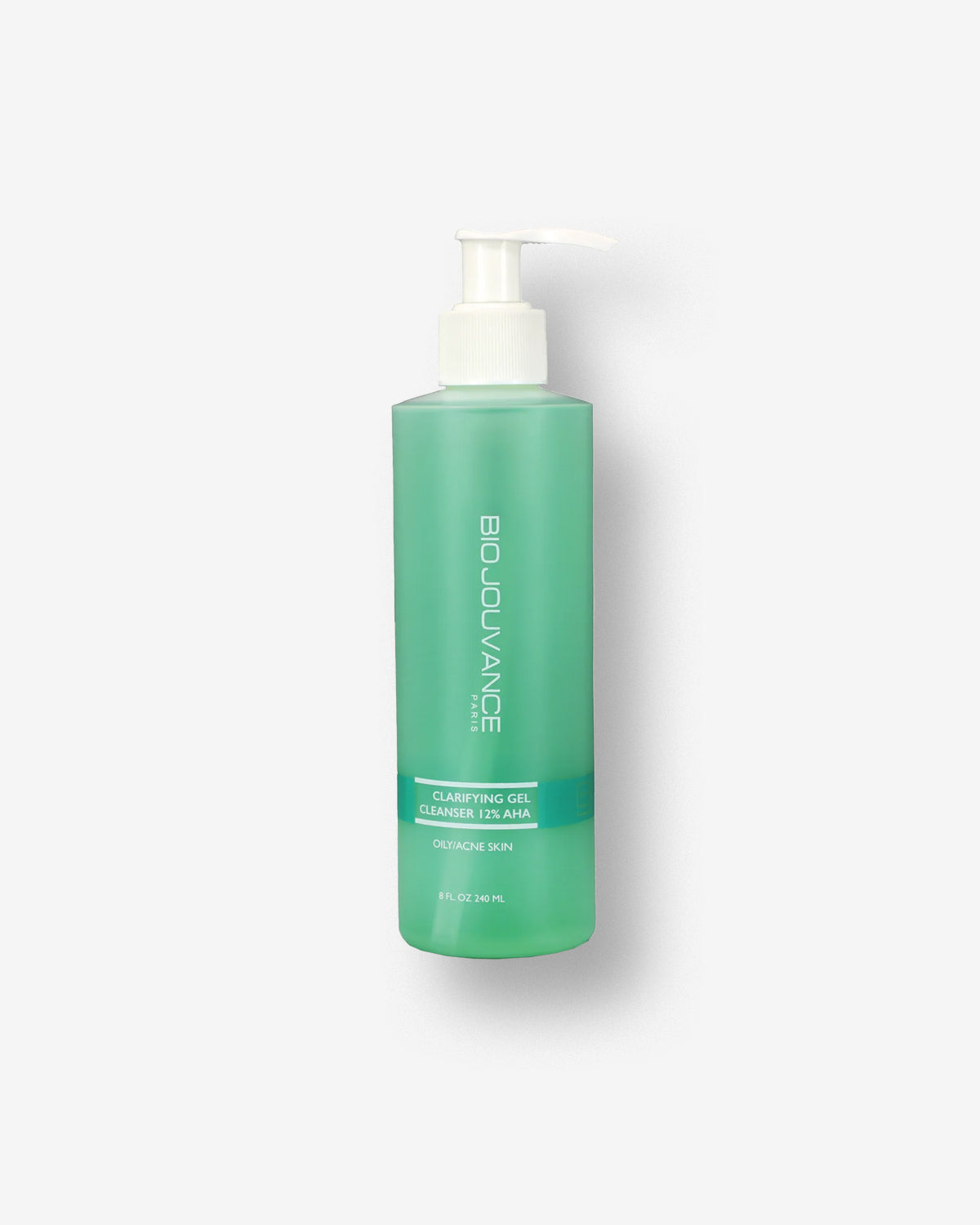No matter your age, it is easy to be overwhelmed and confused by all the different types of products, creams, serums, and masks available and it gets even more complicated when you start thinking about active ingredients.
The key to the perfect skincare routine is knowing your skin type and picking the appropriate skincare products with suitable formulations.
There are so many different stages of a proper routine, regardless of whether you have particular skin issues or simply want to look after your general skin health and fight the common signs of aging. From antioxidants to Vitamin C to hyaluronic acid to sunscreen to lotion to toner to eye cream and more, there is so much to try to fit into a manageable list of products that can have a positive impact on your skin. It raises many questions.
One major question is “what is the difference between a serum and a moisturizer?” We were happy when we looked for a moisturizer. It is a classic product and the name explains exactly what it does. Then beauty and skincare producers started to advertise their serums, telling us of their magical properties and that we should be using them.
But is one preferable over the other? Are specific skin concerns relevant when making the choice? Does age matter?
Taking guidance from leading dermatologists, let’s take a look at the differences between a moisturizer and a serum and provide some advice to help you decide which of the two product options might be best for you.
What Is A Serum?

A serum is a lightweight but very highly concentrated formula that is packed full of ingredients that can target specific skin conditions. A serum contains much smaller molecules than a moisturizer, which means that the formulas can penetrate the skin surface in a more precise and targeted manner. This results in healthy hydration and overall improved skin wellness.
What Is A Moisturizer?

Also known in the industry as emollients, moisturizers are designed to keep the outermost layers of the skin as hydrated as possible. Effectively, moisturizing products form a protective skin barrier that helps to prevent moisture from escaping your dermis, and can also help to shield against various environmental stressors.
What Is The Difference Between The Two Products?
The key difference between the two products is the fact that serums can penetrate much deeper into the skin, up to ten layers deep on average.
This means that serums are preferable for targeting the appearance of specific damage like hyperpigmentation, sun damage, dark spots, and uneven skin tone.
Moisturizing products contain much larger molecules, meaning that they only work on the outermost surface layer of the skin. Rather than for things like skin brightening or deep cleansing, moisturizers are better for addressing flaky, dry skin and overall surface dryness, as well as protecting the skin against water loss.
You will generally find that you apply much smaller amounts of serum than a moisturizer.
Do You Need To Use Both Types Of Products?

Any dermatology expert will recommend that you use both a facial serum and a moisturizer as important but separate steps of your skincare routine. Both products fit into a longer list of products that need to be applied in a specific order for you to feel the benefits of every item that you use.
Cleansing the dirt and debris from your skin cells comes first, followed by toning and then the two products that we have been focusing on in this article.
On a side note, it is also important to remember that any good skincare routine should be finished off with an application of good sunscreen because whenever you are spending time outside, you are putting yourself and your skin at risk of damage from the sun’s UVA and UVB rays. Even when the weather looks to be overcast and grey, the very fact that it is daytime means that the sun and its harmful rays are a factor. Sun damage is the most common factor of skin showing age.
In terms of the running order, your daily skincare routine should look something like this:
Because a moisturizer only affects the surface of the skin, it needs to be applied after a serum. Serums and moisturizers may contain similar active ingredients but because serums penetrate deeper into the skin’s layers, they are more powerful and effective.
If you are going to use a serum, it should be applied before a moisturizer because the moisturizer will “lock in” the serum’s goodness to enable the active ingredients to penetrate and target the places where they are needed.
Together, Separately, Both or Either?
This issue comes down to what you want to achieve.
If you have youthful, elastic skin that is still firm, you may only need a moisturizer to maintain a dewy complexion. This doesn’t mean that only mature skin benefits from serums. Serums can help young skin look brighter and more even-toned.
If you have dry skin, and uneven skin tone, your skin is losing elasticity due to reduced collagen and elastin (something that occurs naturally with age) or another issue, a serum is more powerful. It should be followed by a moisturizer.
So, you can use a moisturizer by itself but you shouldn’t use a serum by itself.
How To Choose A Good Serum
When it comes to choosing the face serum that works best for you, you need to think about what specific skin issues you want to address.
For example, if you have dull skin that isn’t always improved by exfoliating, then something like a Vitamin C serum is a good choice.
Recommended Vitamin C serum - Bio Jouvance Multi-Vitamin C Serum
On the other hand, if your skin is prone to extreme and uncomfortable dryness, then a serum containing hyaluronic acid is the best option.
Recommended hyaluronic acid serum - Bio Jouvance Hyaluronic Acid Serum
If you want to tackle the signs of aging, you should look for a serum that has a plumping effect to reduce fine lines and wrinkles.
Recommended anti-aging serum - Bio Jouvance Bio Matrix Wrinkle Filler Serum
Some serums are specifically for the eye area. If you want to address issues such as crow’s feet, under-eye circles, bags, or puffiness, you can opt for an eye serum and apply it before your full face moisturizer.
How To Choose A Good Moisturizer
Although their primary benefit is always going to be helpful for dry skin, there are plenty of different types of moisturizers that can help your skin in different ways.
Dry skin needs a richer type of cream that will help even further to prevent water loss.
Recommended moisturizer for dry skin - Bio Jouvance Hydrating Day Cream
More oily skin needs a cream that will still hydrate, but also will be able to balance the levels of sebum that you naturally produce.
Recommended moisturizer for oily skin - Bio Jouvance Clarifying Day Cream
More mature skin might benefit from a rich formula that can target fine lines and other classic signs of aging.
Recommended moisturizer for mature skin - Bio Jouvance Colastin Age-Defying Cream
The Bottom Line
So, the bottom line is that while serums and moisturizers are similar products, they have different aims and effects. It isn’t a case of choosing one over the other.
If you are young with no skin issues, a moisturizer is all you need.
If you have skin issues, you need a serum targeting the issue as well as a daily moisturizer.
More mature skin, even in excellent health, is best maintained by a serum and moisturizer.
The one key thing to remember is that serums have the active ingredients to help with more complex skin issues and therefore need to be applied first, and then moisturizer can be applied to create that all-important protective barrier on the outermost layer of the skin.
